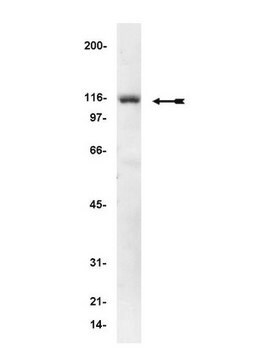A7607
Monoclonal Anti-Actin, Smooth Muscle antibody produced in mouse
~1.0 mg/mL, clone CGA7, purified immunoglobulin, buffered aqueous solution
About This Item
Recommended Products
biological source
mouse
conjugate
unconjugated
antibody form
purified immunoglobulin
antibody product type
primary antibodies
clone
CGA7, monoclonal
form
buffered aqueous solution
mol wt
antigen ~42 kDa
species reactivity
rat, chicken, mouse, human, monkey
concentration
~1.0 mg/mL
technique(s)
immunocytochemistry: suitable
immunohistochemistry: suitable
indirect ELISA: suitable
western blot: 5-10 μg/mL using chicken gizzard total extract
isotype
IgG2b
UniProt accession no.
shipped in
dry ice
storage temp.
−20°C
target post-translational modification
unmodified
Gene Information
chicken ... ACTA2(423787)
human ... ACTA2(59)
mouse ... Acta2(11475)
rat ... Acta2(81633)
General description
Monoclonal Anti-Actin, Smooth Muscle, reacts with human, monkey, chicken, rat, and mouse smooth muscle actin.
Immunogen
Application
- enzyme-linked immunosorbent assay (ELISA)
- immunoblotting
- immunocytochemistry
- immunohistochemistry
Biochem/physiol Actions
Physical form
Disclaimer
Not finding the right product?
Try our Product Selector Tool.
Storage Class Code
10 - Combustible liquids
Flash Point(F)
Not applicable
Flash Point(C)
Not applicable
Personal Protective Equipment
Certificates of Analysis (COA)
Search for Certificates of Analysis (COA) by entering the products Lot/Batch Number. Lot and Batch Numbers can be found on a product’s label following the words ‘Lot’ or ‘Batch’.
Already Own This Product?
Find documentation for the products that you have recently purchased in the Document Library.
Our team of scientists has experience in all areas of research including Life Science, Material Science, Chemical Synthesis, Chromatography, Analytical and many others.
Contact Technical Service








